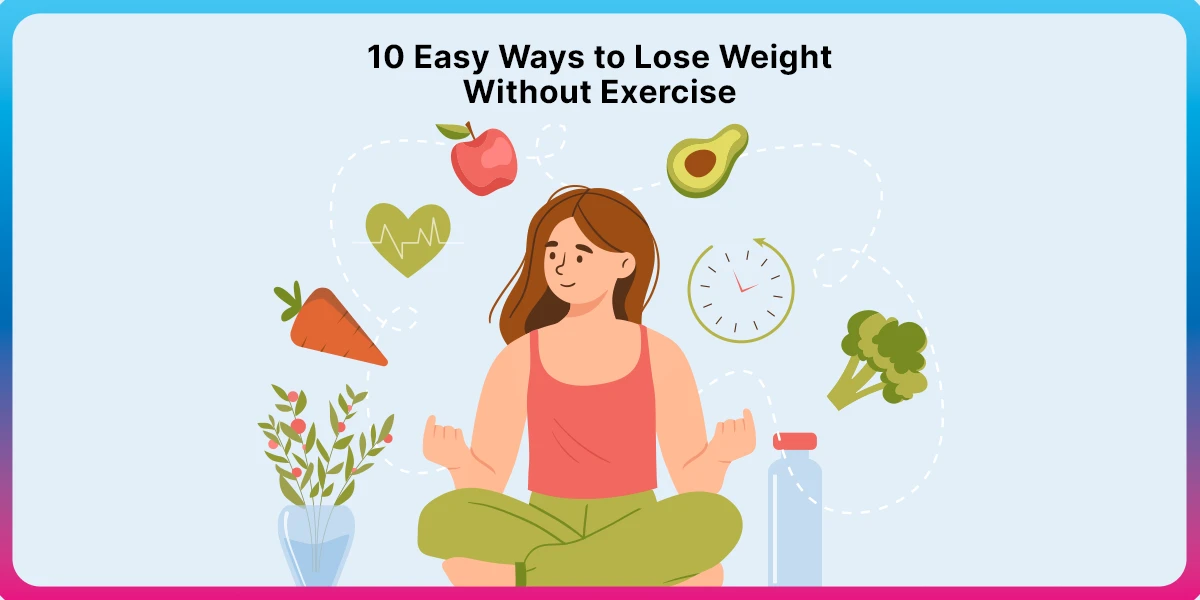Endocrinologist’s Opinion: Addressing the Needs of People With Diabetes Who Have Contracted Covid-19

It is well established that people with underlying health conditions like diabetes are at a higher risk of complications if they contract COVID-19.
This is because of two reasons, a compromised immune system & the virus may thrive better in an environment of high blood glucose. And, if you are a person living with diabetes, times like this might make you anxious and wonder what to do and what not to do to stay safe after testing positive.
To your rescue, Team Diabefly (A Diabetes Care Program) got answers to your questions from Dr Soumik Goswami, a renowned Endocrinologist with 14+ years of experience in the field of diabetes management. He currently practices at Columbia Asia Hospital and AMRI Hospital – the multispeciality hospitals at Kolkatta.
Here are the answers to the 5 frequently asked questions:
1. Team Diabefly: When should a person with diabetes seek emergency medical advice after testing positive for COVID-19?
Dr Goswami: A person with diabetes who has tested positive for COVID -19 should seek emergency medical advice in the following scenarios:
- When the oxygen saturation level drops below 94%.
- When there are symptoms of diabetes ketoacidosis (DKA) such as nausea, vomiting, increased shortness of breath, abdominal pain and high blood sugars. A person with diabetes who gets infected with COVID-19 has an increased risk of developing DKA.
- When blood sugars are more than 300 mg/dL.
- When blood sugars rise too high due to glucocorticoids like dexamethasone, prescribed initially to treat COVID-19.
- When they are unable to take in food orally.
2. Team Diabefly: How frequently should they test their blood sugars at home during and after the infection?
Dr Goswami: If someone is on 2 or more shots of insulin per day, then as per the standard protocol, blood sugars should be tested 3-5 times per day before and after meals. However, the least that one could do is if they are on multiple daily doses of insulin is:
- Test a fasting blood glucose
- Test a post-breakfast blood glucose
- Test a post-lunch blood glucose
If a person is on oral drugs and their diabetes is under control, they can test only their fasting blood sugars every alternate day. However, irrespective of whether they are on insulin or oral diabetes medication, if they are prescribed glucocorticoids like dexamethasone (a drug to treat COVID-19), they should monitor their blood glucose levels post-meals at least for 5-7 days continuously. This is because glucocorticoids cause a rise in post-meal blood sugars levels.
3. Team Diabefly: Could you share some tips on how to maintain a healthy diet during and after the infection – one that would be good for immunity and blood sugars?
Dr Goswami: That’s an interesting question, with two myths about it.
The first myth is that they should eat a diabetic diet. Well, there is nothing like a ‘diabetic diet’. A person with diabetes should have a regular healthy diet, and this diet is the same for any person living without diabetes.
The second myth is that a person recovering from COVID-19 should eat a lot of high-carb foods to stay healthy. But this is not true! Instead, they should consume a well-balanced diet containing fresh fruits & vegetables, nuts, whole grains, low-fat milk and milk products, eggs, fish and lean meat.
Fever is the most common symptom of COVID-19 where the body tries to fight off infection. As a result, the body goes into a catabolic state wherein tissues start breaking down and a person feels weak. Therefore, to reverse the catabolic state, one should consume good quality protein or proteins with high biological value like low-fat milk, dairy products, eggs, fish, lean meat, poultry, lentils, dal and soybean. Although carbohydrates are an instant source of energy, they do not contribute to rebuilding the tissues that a person has lost.
Lastly, please do not overeat and maintain your regular eating schedule.
4. Team Diabefly: Post COVID-19, when should a person with diabetes resume their physical activities, and how can they rebuild their stamina?
Dr Goswami: A person with diabetes with moderate to severe infection (who requires oxygen supplementation either at home or at the hospital) should consult their physician before resuming their physical activity, irrespective of their fitness level. This is because they might have underlying involvement of the heart and lungs. So certain tests might be necessary, including an ECG, chest x-ray and pulmonary function test before they can be declared fit for resuming physical activity.
On the other hand, a person with a mild infection who recovered at home without supplemental oxygen should rest at least for 7-10 days. After 7-10 days, they can start exercising without getting clearance from the physician. However, they should start slow. For example, suppose they did a 30-min brisk walk before getting infected with COVID-19; during recovery, they should initially start at a slow pace for 5-10 mins and gradually increase the duration and pace.
5. Team Diabefly: The experience of having COVID-19 can be very stressful. What is the best way to take care of emotional wellbeing and manage stress during these times?
Dr Goswami: Diabetes or not, staying in isolation can be very stressful since we all are social beings and love to mingle. Isolation leading to depression can be dealt with by keeping yourself engaged as follows:
- Pursue hobbies like reading a book, listening to music, painting or any hobby you like.
- Stay in touch with family, friends and relatives through video calls, social media or other means of communication.
- Try not to sit idle. Use a mobile phone or laptop to keep yourself engaged. It will help to overcome your emotional stress to some extent.
If a person with diabetes is concerned about getting well, they should get in touch with their health care provider. Be in the know about the dos and don’ts of COVID-19 to overcome the anxiety of the illness.
Time and again, it has been proven that by managing your blood sugars well, you not only lower your chances of contracting COVID-19 but also improve your recovery rate. Those who had well-controlled diabetes before getting infected with COVID-19 rarely require hospitalisation, acquire severe pneumonia or develop severe illness.
A healthy blood glucose level is the best insurance against the severe form of COVID-19. In addition, top Diabetologists and Endocrinologists recommend a healthy lifestyle with proper nutrition, adequate sleep and good physical activity to achieve healthy blood sugars. Therefore, to control your blood sugars, whether you have COVID-19 or not, it would be best to complement your doctor’s prescription with a diabetes care program like Diabefly.
Diabefly is a digital therapeutic consisting of 3 expert Coaches – a Nutritionist, a Physiotherapist, and a Psychologist to prepare you better during this pandemic. So stay informed and get timely help with Diabefly!
To know more about Diabefly, visit www.fitterfly.com/diabefly or call us at +91 2248971077 (Ext 1).













